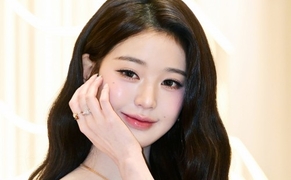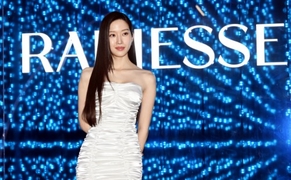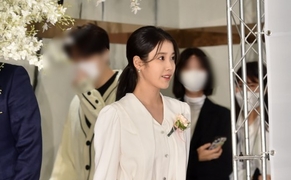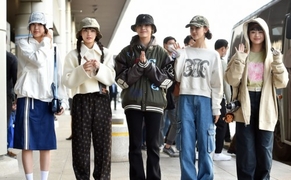 |
| President Moon Jae-in is taking a commemorative photo before meeting with North Korean delegation at the presidential Blue House in Seoul on February 10. (From left) Choe Hwi, chairman of the National Sports Guidance Committee; Ri Son-kwon, chairman of the Committee for the Peaceful Reunification of the Fatherland; Kim Yo-jong, first vice director of the Central Committee of the ruling Workers' Party; Kim Yong-nam, president of the Presidium of the Supreme People's Assembly of the DPRK; Moon Jae-in, President of South Korea; Im Jong-seok, presidential chief of staff; Cho Myoung-gyon, minister of Unification; Suh Hoon, chief of National Intelligence Service; and Chung Eui-yong, head of National Security Office./ Source: The Blue House |
By AsiaToday reporter Joo Sung-sik
As South Korean President Moon Jae-in has practically accepted North Korean leader Kim Jong-un's invitation to Pyongyang for a summit, the presidential Blue House is mulling over what kind of form it will be. It's because it cannot help but consider its relationship with traditional ally the United States, which remains firm that North Korea should first take steps to denuclearize.
The question of whether to send a special envoy to the North in response to Kim's personal letter is also a concern. There is a speculation that one of those that joined President Moon for a luncheon with North Korea's high-ranking delegation at the Blue House will be dispatched as a special envoy to North Korea. Those who joined the luncheon include chief of staff Im Jong-seok, national security director Chung Eui-yong, Unification Minister Cho Myoung-gyon and National Intelligence Service chief Suh Hoon.
Some experts argue that the Blue House Task Force (TF) should be set up to develop strategies for dispatching a special envoy to the North to confirm Mr. Kim's intention to invite President Moon as well as coordinating North Korea policies with the United States. As the Blue House resumed dialogue with the North triggered by PyeongChang Olympics, its next step is likely to be persuading the United States to bring it to the table of dialogue.
A key official of the Blue House told AsiaToday on Monday, "The term 'environment' that Moon mentioned upon his acceptance of the North's invitation means external environment," indicating that the government plans to discuss the inter-Korea summit with the U.S. in advance. Moon had said he wanted to "create the environment for that to be able to happen" after receiving Kim Jong-un's invitation to Pyongyang personally delivered by Kim Yo-jong during a meeting at the Blue House on Saturday.
"The government is discussing which should be preceded between North Korea's denuclearization and North-Korea dialogue before the inter-Korean summit talk takes place," the official said. "As two Koreas have revived dialogue by taking the Olympics as an opportunity, it's now time for us to wait and see the change of the position of the U.S.. We must make every effort in order to do this."
It's also positive that the atmosphere for the North Korea-U.S. dialogue is slightly building up. U.S. Vice President Mike Pence, who arrived late for a reception dinner ahead of the opening ceremony of the PyeongChang Olympics on Friday and left the venue after a five-minute stay to avoid encountering North Korean delegation, said in an interview on his way home from the Olympics, "The maximum pressure campaign is going to continue and intensify. But if you want to talk, we'll talk."
In the meeting with North Korean delegation, President Moon also expressed his willingness for the North Korea-U.S. talks, saying, "It's absolutely necessary for the North and the United States to engage in talks at an early date."
For now, the Blue House has made clear that it has not yet considered setting up the TF to prepare for the inter-Korean summit, including the dispatch of a special envoy to the North. "With all the possibilities in mind, the discussion is only about to begin," the official said.
#South Korea #North Korea #invitation #Pyongyang #North Korea-U.S. talks
Copyright by Asiatoday
Most Read
-
1
-
2
-
3
-
4
-
5
-
6
-
7





















